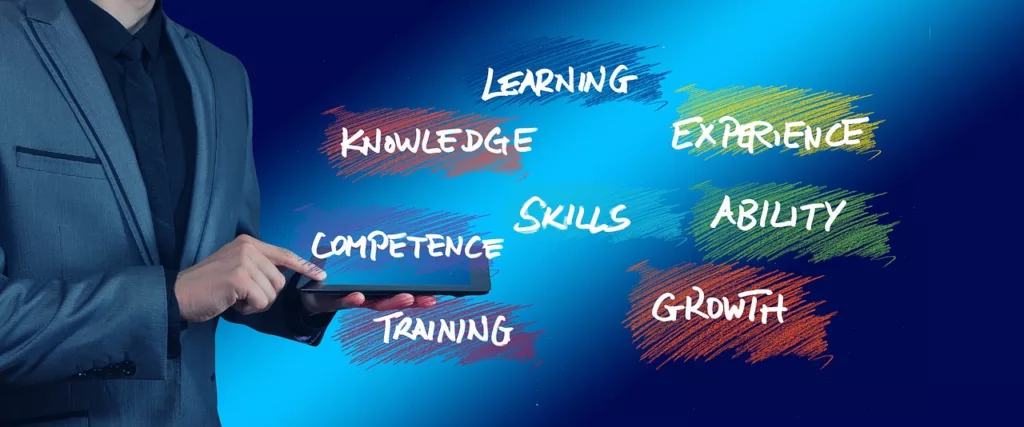In an age of information overload and digital complexity, managing one’s personal knowledge has become more crucial than ever. Personal Knowledge Management, often abbreviated as PKM, is a systematic approach to acquiring, organizing, storing, and retrieving personal knowledge to enhance productivity, learning, and personal growth. In this article, we will explore the concept of PKM, its key principles, and how it can benefit individuals in their personal and professional lives.

Understanding Personal Knowledge Management
PKM is the process of taking control of your own knowledge and information flow. It is a proactive approach to managing the vast amount of information we encounter daily, whether in the form of articles, emails, books, notes, or conversations. The goal of PKM is to turn this information into actionable knowledge, allowing individuals to make informed decisions, solve problems, and foster continuous learning.
Key Principles of Personal Knowledge Management
Effective PKM is built upon several key principles:
- Curation: Curate the information you consume. Be selective about what you read, watch, or listen to, and choose sources that align with your goals and interests.
- Organization: Organize your knowledge systematically. Create a structure for storing information, whether it’s through digital tools, notebooks, or mind maps. Categories and tags can help you find information quickly.
- Reflection: Take time to reflect on what you’ve learned. Regularly review and synthesize information to create new insights and connections.
- Continuous Learning: Cultivate a mindset of continuous learning. Seek out new information and experiences that expand your knowledge and skills.
- Information Filters: Use filters to manage the influx of information. Filters can be automated (e.g., email filters) or manual (e.g., setting aside dedicated reading time).
- Capture Tools: Employ tools for capturing information. Note-taking apps, bookmark managers, and cloud storage solutions can help you capture and access information from various sources.
Benefits of Personal Knowledge Management
Adopting a PKM approach offers several benefits:
- Enhanced Learning: By actively managing your knowledge, you can accelerate your learning process and gain expertise in your chosen areas of interest.
- Improved Decision-Making: Well-organized knowledge enables better decision-making. You can draw on past experiences and information to make informed choices.
- Increased Productivity: PKM reduces information overload and helps you focus on tasks that matter most. This boosts productivity and reduces stress.
- Better Communication: When you have organized knowledge at your fingertips, you can communicate more effectively and share relevant information with others.
- Adaptability: PKM equips you with the skills to adapt to changing circumstances and stay relevant in your field.
Implementing Personal Knowledge Management
Here are some practical steps to implement PKM in your life:
- Select Tools: Choose digital or physical tools that suit your preferences. Popular digital options include note-taking apps, cloud storage, and bookmark managers.
- Set Goals: Define your goals for personal knowledge management. What do you want to learn or achieve? Tailor your PKM system to support these objectives.
- Establish Routine: Create a routine for capturing, organizing, and reflecting on knowledge. Dedicate time each day or week for these activities.
- Curate Carefully: Be mindful of the information you consume. Prioritize quality over quantity and focus on sources that align with your interests and goals.
- Review Regularly: Set aside time for regular reviews of your knowledge repository. Update, reorganize, and connect new insights.
- Share and Collaborate: PKM is not just for personal use. Share your knowledge with others and collaborate on projects to enhance collective learning.
Conclusion
Personal Knowledge Management is a valuable skill in the digital age, where information flows abundantly. By implementing PKM principles and practices, individuals can transform information into actionable knowledge, fostering continuous learning, improved decision-making, and personal growth. Embrace PKM as a strategic approach to navigating the information age with purpose and efficiency, unlocking your full potential in both your personal and professional endeavors.
